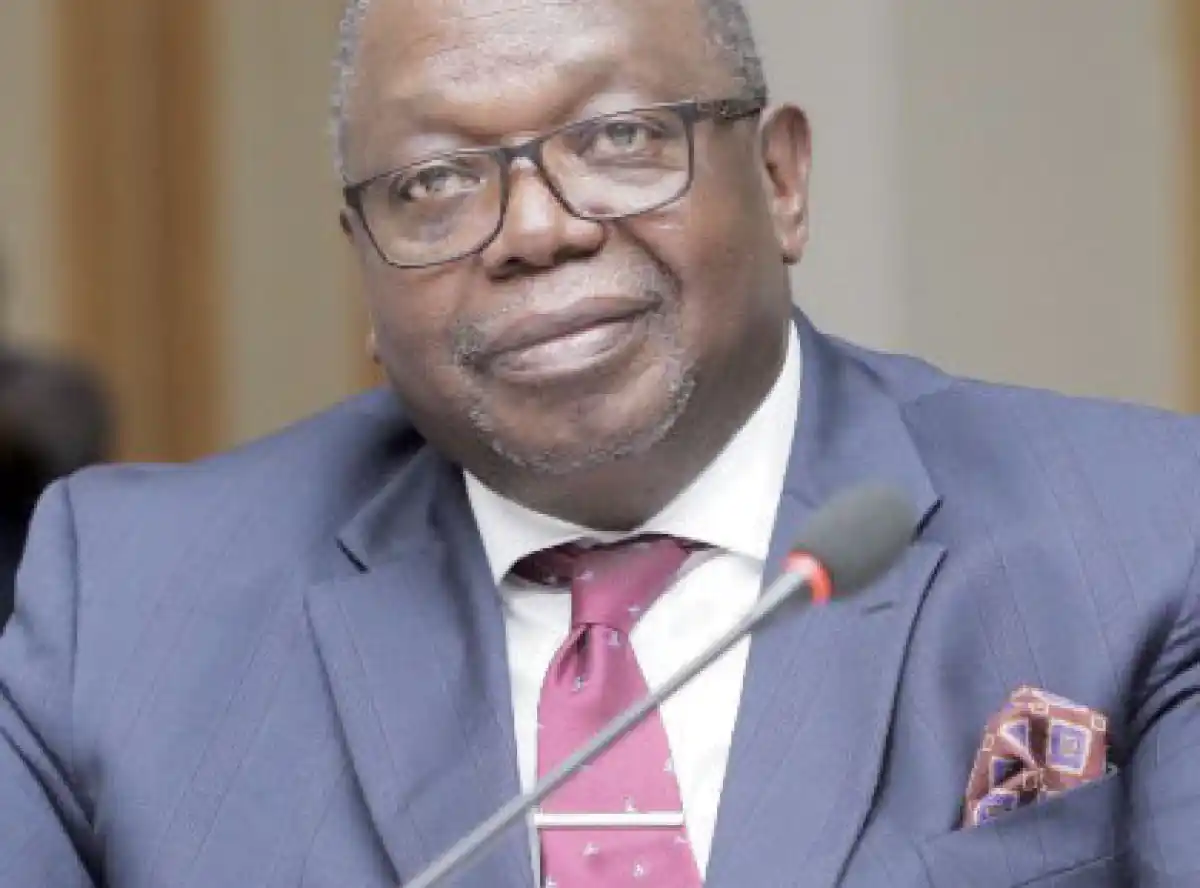
Malawi’s import cover—the ability to pay for imports using foreign currency reserves— remains below one month, Times Business has established.
In an interview, on the sidelines of the launch of the Trustee Development Programme in Blantyre, Monday, Reserve Bank of Malawi Governor Wilson Banda said the import cover is currently under a month and has been under a month for a long time.
“We thought we would come out of this [increase import cover] by the end of this quarter. But what has happened is that the bill for fuel has been excessively high. Our fuel bill is well over $50 million a month. And if you look at how much we are getting out of tobacco and compare that with the fuel bill, the amount that is coming out of tobacco is about $400 million this year, divided by $50 million, is about eight months.
“That is not a lot. But then there are other requirements. So, when you look at the fuel bill, you look at debt service, you look at the requirements for pharmaceuticals, in the coming months, you’ll be importing fertiliser. All that is having a drain on our import cover. Our import cover, looking at it from the central bank perspective, has remained fairly flat,” Banda said.
However, he was quick to indicate that there is a cushion from the import cover that is sitting in commercial bank coffers.
“We have liberalised our foreign currency holding. So commercial banks are holding most of this foreign currency coming from the private sector. Their levels have since risen quite sharply over the past couple of months.
“That is offsetting what the central bank is losing out. So, if you are looking at the national level, our import cover is well over two months. As a country, if you go to zero, then the country collapses, no, we can’t get there. Also, we can borrow. We can do all sorts of things in order to beef it up,” Banda added.
He said the central bank has just been careful not to increase the country’s external debt by borrowing but basically kept using available resources, unlike previous administrations which borrowed quite a bit in order to post their foreign currency reserves.

In a recent interview, President of the Economics Association of Malawi (Ecama) Bertha Chikadza said the country is in a difficult situation.
“The import cover trend underlines the challenges we have been facing as a country, whereby export revenues have been declining while imports remain virtually inelastic. Furthermore, this underscores the fact that there is a need for export diversification as agricultural exports fetch low prices and low revenues on the international market unlike processed or products with value addition.
“We also have to be reminded that this year, with the dry spells, we produced low, meaning our export revenues will definitely be low. In light of the foregoing, it is a fact that our imports continue to outweigh the forex generated from agricultural sales. However, considering the duality nature of the import cover is vital,” Chikadza said.
She added that the current trend suggests that the outlook for the following quarter remains mixed.
Economist Marvin Banda said historically, it is usually downhill from June until the country can begin relying on agricultural output.
“The nation is yet to realise any intervention that may alter the trajectory of the import cover until the end of the agricultural cycle. The deterioration of the import cover will be steady and may sometimes increase but will experience further pressures as the season where strategic imports begin to occupy the greater share of government expenditure,” Marvin Banda said.
The internally recommended import cover starts at three months, indicating that a country has enough reserves to handle short-term disruptions.
A low import cover indicates greater economic instability, as the country may fail to pay for essential imports during times of economic stress.








0 Comments